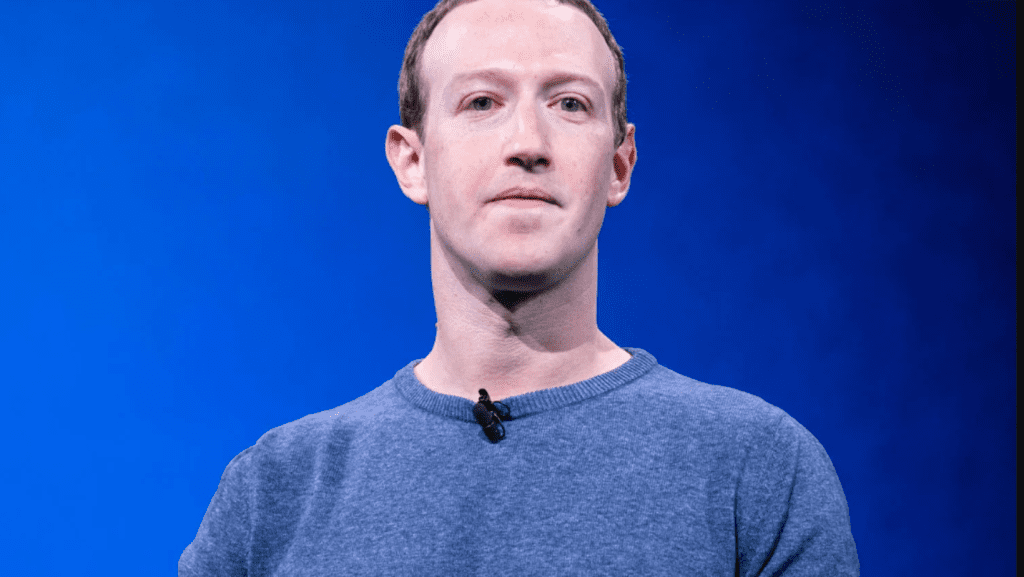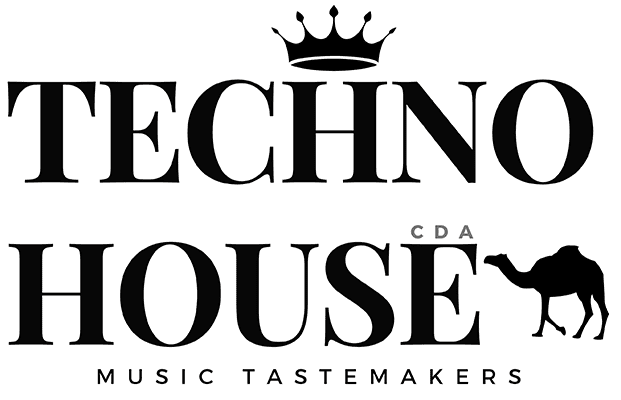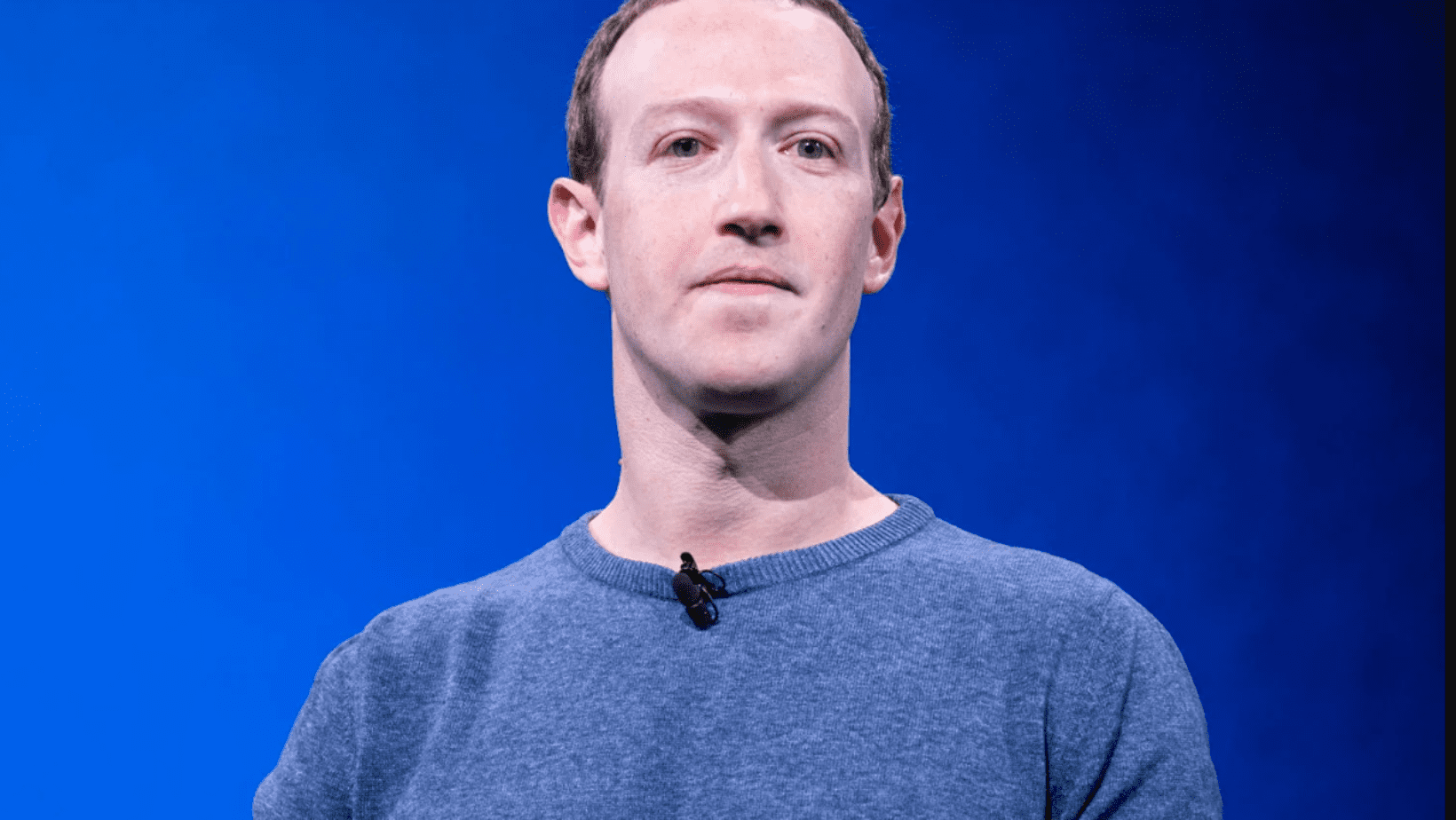

Meta CEO and founder Mark Zuckerberg has shared his thoughts on the evolving role of artificial intelligence in the music industry. Despite AI’s technical prowess, Zuckerberg expressed skepticism about its ability to replicate the emotional depth and human connection that make music resonate.
Zuckerberg’s remarks came during an appearance on the Track Star show, where he participated in a music quiz and discussed some of his favorite artists, including Daft Punk. The conversation naturally veered into the realm of AI and creativity, with Zuckerberg reflecting on the current capabilities and limitations of AI-generated music.
“AI will probably be able to produce technically interesting music,” he noted, “but it may sometimes feel a little soulless because it lacks the other parts of the human connection.”
AI Music Sparks Debate in the Industry
Zuckerberg’s comments come amid growing discourse about the implications of AI in the creative arts. The music industry, in particular, has seen an explosion of AI-generated content, raising questions about copyright, artistry, and authenticity.
Major record labels have stepped up their legal efforts against AI startups accused of using copyrighted material to train algorithms without permission. Companies like Suno and Udio have faced lawsuits for allegedly exploiting copyrighted songs to create AI models.
At the same time, technology leaders like Zuckerberg have advocated for open-source AI models, which they believe can democratize innovation and prevent power from becoming concentrated among a handful of tech giants. However, the creative arts, including music, present unique challenges.
The Challenge of Capturing Human Emotion
For Zuckerberg, the main limitation of AI music is its inability to replicate human emotion and experience. While algorithms can analyze patterns and create compositions, they lack the lived experiences and feelings that infuse human-made music with soul and meaning.
This perspective resonates with ongoing concerns from musicians and artists, many of whom fear that AI-generated music could overshadow genuine artistic expression. Despite these reservations, Zuckerberg has not ruled out the potential of AI in the creative space, seeing it as a powerful tool that can complement, but not replace, human creativity.
A Personal Connection to Music
Interestingly, Zuckerberg’s engagement with music isn’t limited to tech debates. He recently recorded a cover of “Get Low” as a quirky gift for his wife, Priscilla Chan, showcasing his appreciation for the personal and emotional side of music.
Still, when it comes to AI music, Zuckerberg remains cautious. He acknowledges the technical achievements of AI in producing intricate compositions but questions whether those creations can ever truly connect with listeners on a deeper level.
Balancing Innovation and Authenticity
The music industry continues to grapple with how to integrate AI without losing the authenticity and emotional depth that define great music. With regulatory concerns mounting and artists advocating for stronger protections against AI encroachment, the debate over AI’s role in music is far from over.
As one of the tech world’s most prominent figures, Zuckerberg’s perspective highlights both the opportunities and challenges AI presents to creative industries. While AI may never fully replicate the soul of a song, its potential to revolutionize production and democratize access to music-making tools remains undeniable. For now, the question remains: can AI find harmony with human creativity, or will it always lack the heart that makes music truly timeless?

